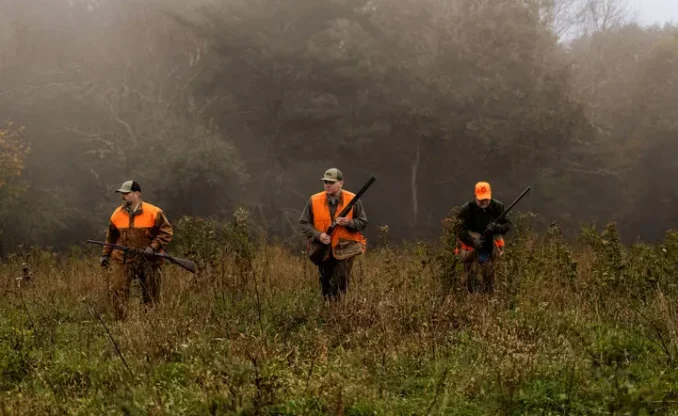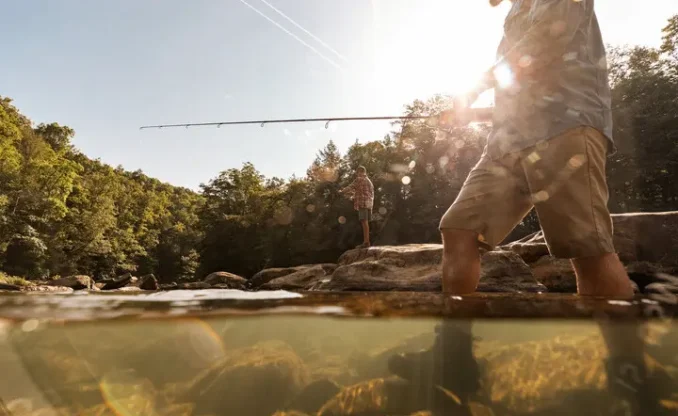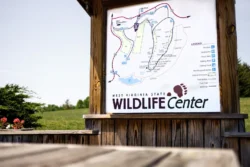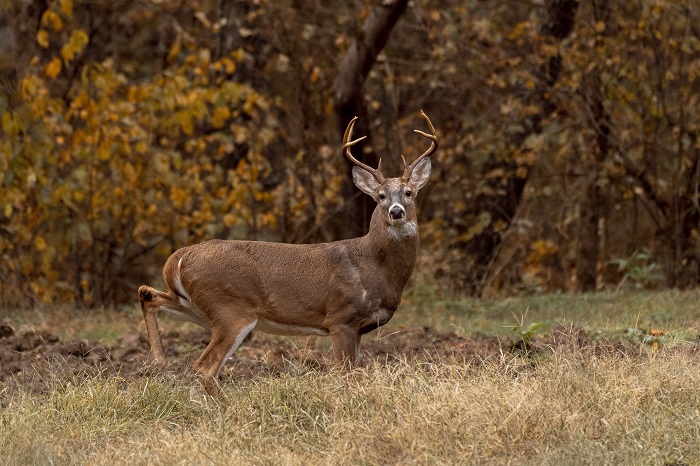Hunters need to be skilled in many things to successfully harvest deer, including sighting-in, scouting for signs of deer and recognizing mast conditions, to name a few. However, preparing to harvest a deer does not end once you are able to find a deer and pull the trigger or release the arrow on an animal. There’s a popular saying: Once you pull the trigger, the real work begins. Hunters also need to be prepared to properly handle and care for the carcass, so they can process and preserve the meat for table fare.
With all the effort you put into bagging a deer, don’t fall short on the proper care of the carcass after the harvest. Before heading into the woods for a hunt, make sure you have a hunting knife and set of disposable gloves with you to field dress a deer. We recommend that you wear rubber or latex gloves when handling deer to reduce the likelihood of possible bacteria from your hands contaminating the meat.
Locate the harvested deer as quickly as possible and remove the entrails, which allows the carcass to cool down and aid in preventing spoilage. Take extra caution to avoid puncturing the stomach or intestines. Complete and attach a field tag to the carcass before moving the animal from where you found it. If you have cell phone coverage, you can check-in the harvest online here. Otherwise you’ll have to wait until you get home.
Once you get the deer to your vehicle, transport the deer to a local game processor or to your home to process it yourself. Be mindful of how you transport the deer. At one time, it was popular to put deer on your car or truck hood and to drive around to show off your harvest. However, this warms up the carcass and causes spoilage of the meat.
If you drop off your harvest at a processor, your work is done. If you plan to process the animal yourself, hang the deer, if possible, to allow air to circulate around the carcass until you are ready to begin the butchering process.
Once you have the carcass home, skinning and quartering the animal are the next steps. Continue to be mindful of the temperature and refrigerate the quartered portions if temperatures do not permit hanging. According to the West Virginia University Extension Service, you can hang the carcass outside if the temperature is 42 degrees or lower.
Deboning the meat and removing viscera are important steps in creating pieces of venison for further processing. The Extension Service advises against cutting or using bones in recipes due to the possibility of disease transmission. Deboned pieces can be handled many ways, including tenderized, cut into jerky strips, ground or kept whole for use as roasts. Venison may be canned in a pressure canner, dehydrated or frozen for future use. Packaging meat with freezer paper or vacuum sealing with plastic can provide your family with venison for months.
Now that you have venison in the freezer, you may be scratching your head on how to prepare it for dinner. Venison is low in fat, so keep that in mind when adapting venison to beef recipes. If you need some ideas, try one of our tasty recipes.




